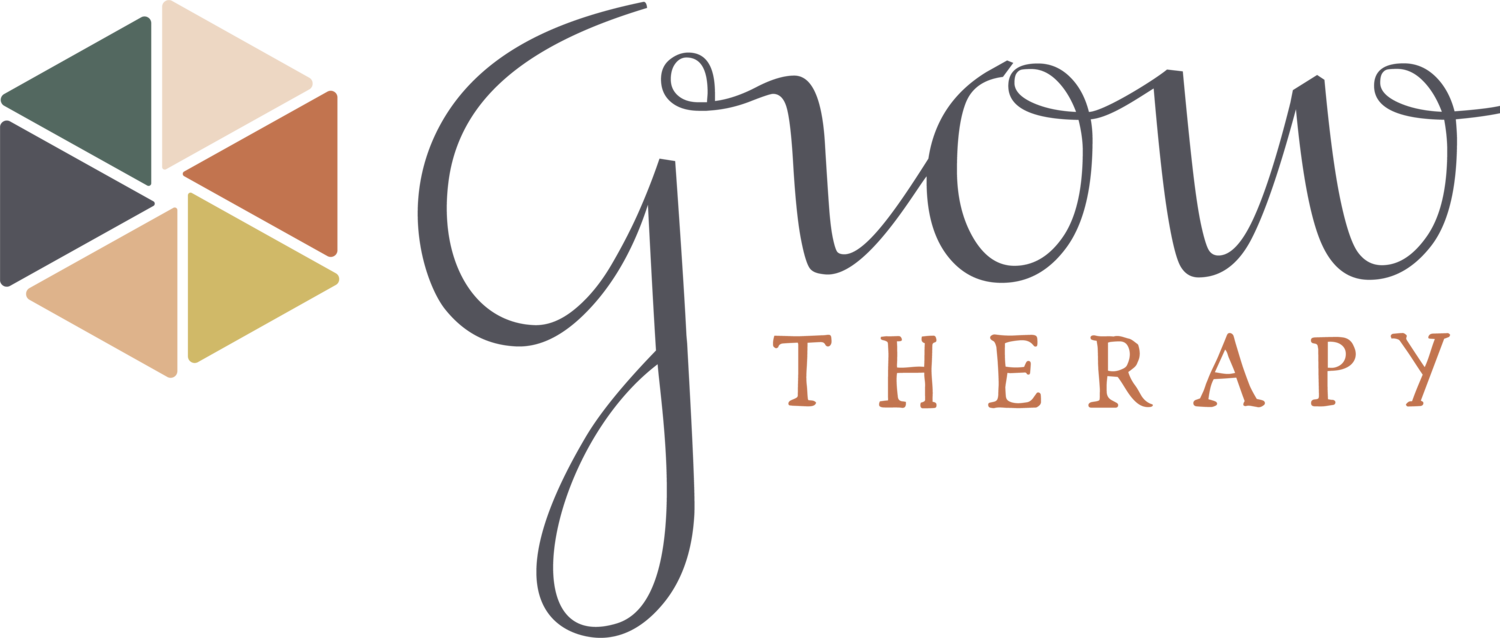Sport & Performance Psychology Gives You an Edge on Your Game
“As much as we pump iron and we run to build our strength up, we need to build our mental strength up… so we can focus… so we can be in concert with one another.”
Sport and performance psych is incredibly important for your PsychEdge. The Association for Applied Sport Psychology (AASP) defines applied sport and exercise psychology as extending theory and research into the field to educate coaches, athletes, parents, exercisers, fitness professionals, and athletic trainers about the psychological aspects of their sport or activity. A primary goal of professionals in applied sport and exercise psychology is to facilitate optimal involvement, performance, and enjoyment in sport and exercise.
Utilizing the benefits of a sport and performance psychology consultant often separates good athletes from great athletes because they choose to work on their mental training as well as their physical training. Taking advantage of sport and performance psychology means you care about improving your performance and you want to utilize every tool to be the best! People are born with a physical brain and body, but no guidebook on how to train the mental and physical to reach goals and aspirations. This is why we reach out to professionals for guidance, coaching, to learn skills and for support. Improving our mental game is crucial to maximizing potential. Take the advice of these legendary professional athletes:
“Mental health is as important as physical health.”
In the 2016 World Series, Ben Zobrist of the Chicago Cubs went to bat in game 7 with a runner on second and the game tied in extra innings--one of the most pressure-filled moments in sports.
“The key to staying locked in a spot like that is to actually lean in to the magnitude of the moment, not to run from it.”
“The mental game consists of not only knowing your surroundings, situations and plays given, but staying inside yourself and control what can be controlled.”
“The ideal attitude is to be physically loose and mentally tight. ”
“Self-worth does not hinge on any swimming result.”
New England Patriots Quarterback Tom Brady, now a Tampa Bay Buccaneer, has won 6 out of 9 Super Bowl appearances, 4 picks as Super Bowl MVP, and 14 Pro Bowl appearances. He started using mental coaching at the University of Michigan.
“But what I learned was to not focus on them because that stuff didn’t matter. I thought about what I could control and focused on myself. Sport psychology should be part of every college program—it should be considered the norm.”
Sport and Performance Psychology can be about teaching athletes transferable skills such as mindset or emotional regulation that they can use in not only sport, but also in work and family life. It can also help athletes manage transition and deal with communication, relationships, injury and retirement. Athletes can be particularly vulnerable to mental health problems due to the intense pressure associated with competition. We’ve heard athletes say, “I don’t have any problems or issues, so why would I need sport psychology support?” Sport Psychology is not just to help people when things go wrong.
Consider these questions:
Do you consistently perform better in practice than in games or competitions?
Do you feel your performance or game isn’t improving despite the hard work you put into it?
Is your confidence low or inconsistent?
Do you struggle to bounce back from a bad performance or a bad play?
Is it becoming harder for you to get or stay motivated?
Are you overly concerned about performing poorly or “choking”?
Are you enjoying your sport less than you used to?
Sport Psychology moves athletes to the next level with confidence, resilience and growth of character. There are a number of athletes who will be seeing a sport psychologist every week to not just talk about problems, but to learn more about the field; To learn how basic psychological tools such as goal setting, imagery, self talk, mindfulness and relaxation skills that can help to boost their performance; To learn how to become the best possible athlete from a psychological point of view. To learn how to manage their family, work and sport life. Why achieve your goals when you can exceed them?
I’m Sarah Greene-Falk, a licensed counselor and Sport and Performance Psychology Consultant for 15 years. I have dual Master’s degrees, one is Kinesiology and Health Sciences specializing in Sport and Performance Psychology and the other in Counseling Psychology. Most in this field have a Sport Psychology degree, which takes classes from counseling psychology and exercise science. I have completed both degrees in full. I’ve worked with all ages, amateur athletes to Olympic athletes and all levels in between. I’m here to help you understand the importance of sport and performance psychology. What often separates good athletes from great athletes is the time spent working on their mental game.
I come from a positive psychology model meaning I work from building your strengths and improving your weaknesses. I will teach you skills as we walk through various applicable scenarios you provide, step-by-step. These skills are practiced and honed. The benefits can be immediate. I have had athletes improve after just one session. A few mental training tips and skills can produce significant results.
Know someone who could benefit from this article? Share it with them.






